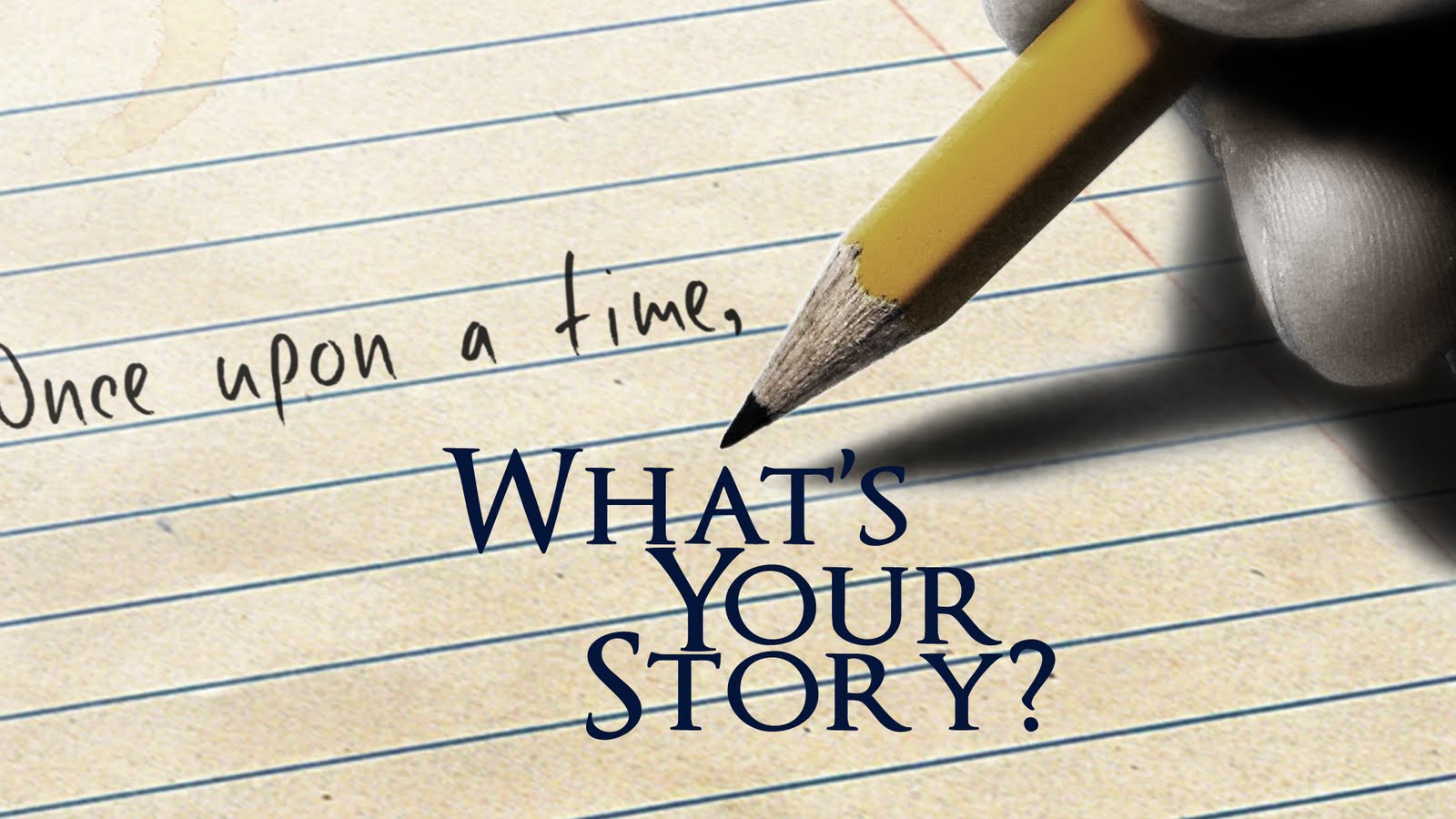
Most of us know the numbers by heart:
- Every 10 minutes, another name is added to the national transplant waiting list.
- Each day, approximately 18 people will die because there aren't enough organs available.
- One donor can save up to eight lives through organ donation and 50 more through tissue donation.
But, when we talk to the general public, we know what truly inspires them to take action are the stories of those whose lives have been personally touched by donation and transplantation. They want to see the faces, hear the voices, and read the words of people who are waiting for a transplant, who made the decision to donate their loved one's organs, or who cared for their loved one after receiving the precious gift of life.
That's why sharing your story is so important. It doesn't matter how many days you waited or what your feelings about donation were before this situation changed your life. What is important is that you can provide a first-hand account of the hope that donation brings families on both sides of the spectrum.
How can you share your story? Here are three tips on how to make the most impact on your intended audiences:
1) Paint a realistic picture without providing too many details. If you are a transplant recipient, share what life was like before your second chance. But, don't get bogged down into the details of medications, procedures, etc. Most of the general public has no clue what it means to suffer from kidney or heart failure. How did it feel? What couldn't you do? If you are a member of a donor family, what was that hospital experience like? Was your loved one on the registry or did you have to make that decision as a family? If you are a living donor, what prompted you to take action? As a caregiver, what was your daily life like addressing the needs of your loved one?
2) Keep it short. You may be able to talk for hours about your experience, but most people don't have that level of time or attention to give your story, as compelling as it might be. If you are sharing your story through writing, keep it to one page or less. If you are sharing your story verbally, especially in a social setting, aim for about five minutes of sharing your testimony. Will you be able to cover all the details? Of course not. Allow the person(s) you are speaking to ask questions, which will give you the ability to share more in-depth.
3) Be genuine. It's okay to be emotional when sharing your story. No matter whether you are coming from the donation, transplantation, or waiting list perspective, your experience has completely shaped your world, which may prompt tears, frustration, joy, and fear. Allow authentic emotions to be a part of your story, both in words and in action. Certainly, if you feel that your emotions are overwhelming your ability to share your story clearly, you should allow yourself more time to heal. There is no deadline that anyone must abide by to provide their testimony to others. It could be the next day; it could be five years down the road. No matter the length of time passed, it is still time to share - because your journey will inspire someone to look at organ, eye and tissue donation in a new light and ideally prompt them to take action to register.
What other advice would you give to people wanting to share their stories?